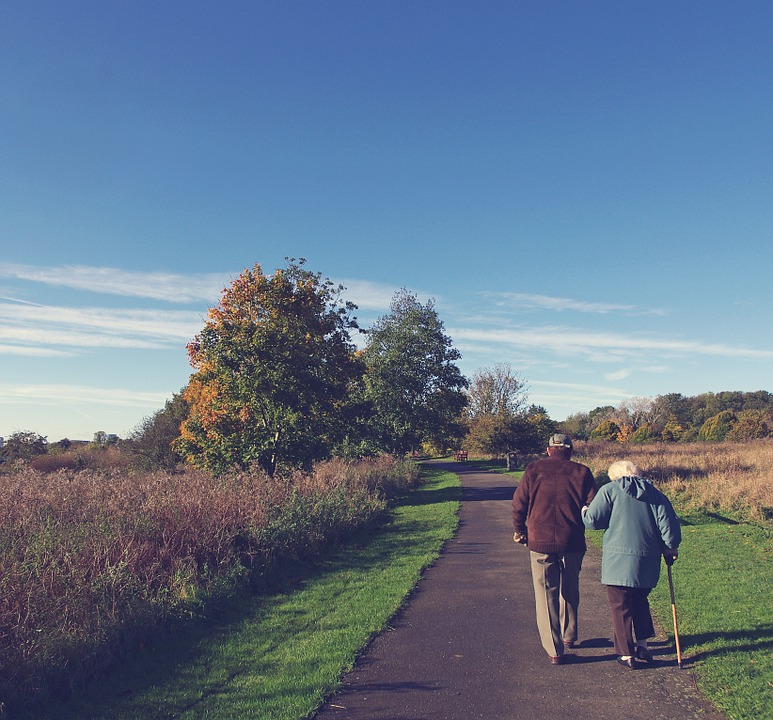The Effects of Immobility on the Body
Immobility of the body is defined as a state of motionlessness, or near motionlessness, in which a person experiences a significant decrease in the time they spend up and moving. These prolonged periods of non-motion can have detrimental health effects and can increase the risk of falling which can cause further injury. Physiotherapy can be beneficial to those who suffer from immobility and risk of fall. Through assessments, exercises and changes to a person’s environment, physiotherapy can help improve patient confidence and reduce the risk of falling. The Adverse Effects of Immobility When a person’s activity levels decline and they find themselves in a
Physiotherapy for Orthostatic Hypotension
Orthostasis means ‘upright posture’ and hypotension means low blood pressure. Thus, orthostatic hypotension – also called postural hypotension, is a condition that occurs when people stand up after long hours of being seated. Patients who suffer from orthostatic hypotension are also commonly seen complaining of dizziness, faintness and lightheadedness.Although orthostatic hypotension is a mild condition that occurs inconsistently for a few minutes or seconds, there are cases of long-lasting orthostatic hypotension. When a person experiences orthostatic hypotension frequently, it is often an indication of a more serious problem. Hence, it shouldn’t be ignored or taken lightly. Treatments The treatment methods adopted for







